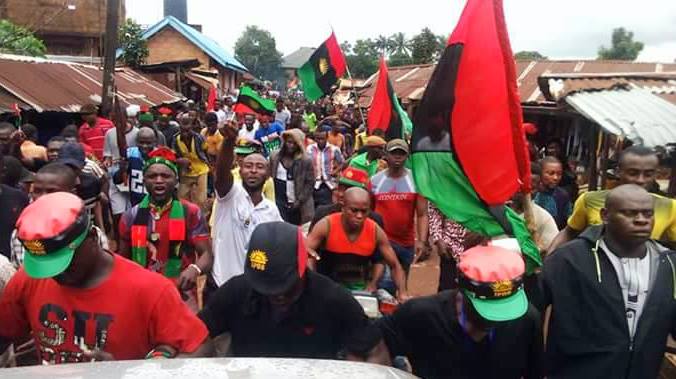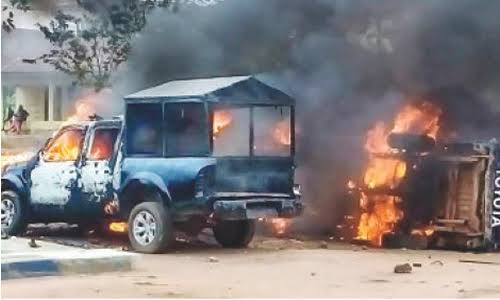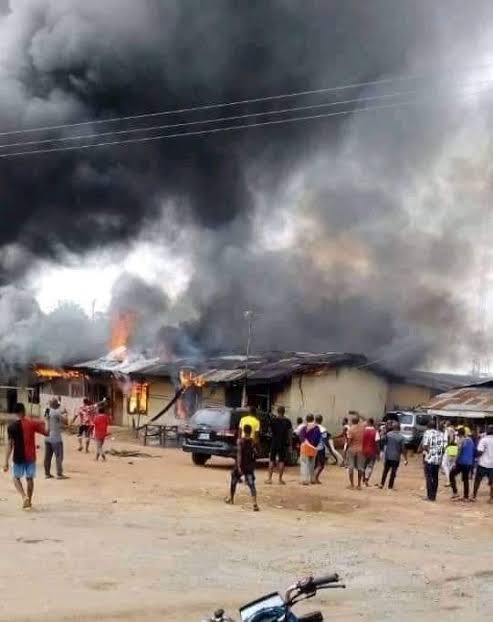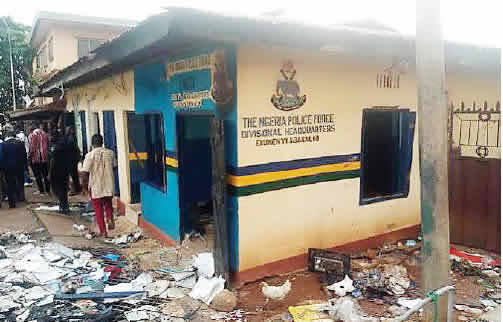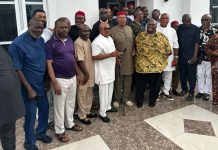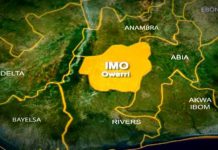..Insecurity Looms As Clashes Between Non-State Actors & Security Forces Escalate
Nigeria is facing an unprecedented wave of insecurity as the proscribed Indigenous People of Biafra (IPOB) and its paramilitary wing, the Eastern Security Network (ESN), continue to expand their influence beyond the South-East, reaching deep into the South-South, South-West, and even the North-Central regions. The intensification of their activities has created a climate of fear, forcing civilians to either flee or face the risk of being forcefully recruited into the movement.
From Lagos to Abuja, from Kano to Port Harcourt, communities are on edge as IPOB/ESN militants engage in violent clashes with state security operatives, leaving scores of casualties in their wake—including innocent bystanders. The Nigerian military and police, though actively engaged in counter-operations, appear increasingly overstretched, unable to fully protect civilians from the grip of these armed agitators.
A Growing Threat Beyond the South-East
Since 2020, IPOB/ESN has aggressively expanded its reach beyond its traditional base in the South-East, pushing into states like Edo, Rivers, Delta, and Cross River in the South-South, and even into Lagos, Ogun, and Ondo in the South-West. Reports indicate that Igbo-dominated business hubs in these states have become key targets for recruitment and mobilization, turning once peaceful economic centers into conflict zones.
Similarly, in Abuja, Kano, Kaduna, and Plateau—regions with sizable Igbo populations—security analysts warn of a silent infiltration, with IPOB/ESN cells reportedly gaining a foothold in these areas. The implications are dire, as state security forces find themselves caught in increasingly brutal confrontations with the separatists, often suffering heavy casualties in the process.
Security Forces Under Siege
Despite their mandate to protect lives and properties, Nigeria’s security forces—particularly the police and military—are struggling to contain the threat. In multiple instances, reports suggest that IPOB/ESN militants have successfully ambushed security personnel, killing and disarming them before vanishing into the cover of forests and urban hideouts. These well-coordinated attacks, often carried out with sophisticated weapons, suggest that the non-state actors are becoming more emboldened and militarized.
The fear among civilians is palpable. Many young men, particularly in the affected states, are said to be living in constant dread—caught between the risk of being forcibly recruited by IPOB/ESN or being mistaken for insurgents by security forces during crackdowns. The inability of state actors to fully neutralize these threats has led to a growing sense of helplessness among citizens, with many fearing that the country is slipping further into lawlessness.
A Nation on Edge
In cities in Lagos such as in Lekki, Okota, Oshodi, Ketu as well as Isale Eko among others and Ibadan, IPOB/ESN activities have heightened tensions, particularly in markets and transport hubs where security forces often conduct raids in search of suspected separatists. The same is true in Abuja areas like Dakibuyu, Mararaba, Zuba, Galadimawa, Masaka and in Port Harcourt, Rivers state like Oyigbo and Eleme LGA where frequent clashes between IPOB/ESN elements and law enforcement agencies have disrupted daily life, causing many to question whether the state still has full control.
As the government struggles to contain this growing security nightmare, one question lingers: Can Nigeria’s security forces effectively protect its citizens from the growing influence of IPOB/ESN, or is the country on the verge of a deeper crisis?
For now, fear remains the prevailing emotion among civilians—fear of being caught in the crossfire, fear of being rounded up by security forces, and fear of a future where the line between state and non-state actors continues to blur.

